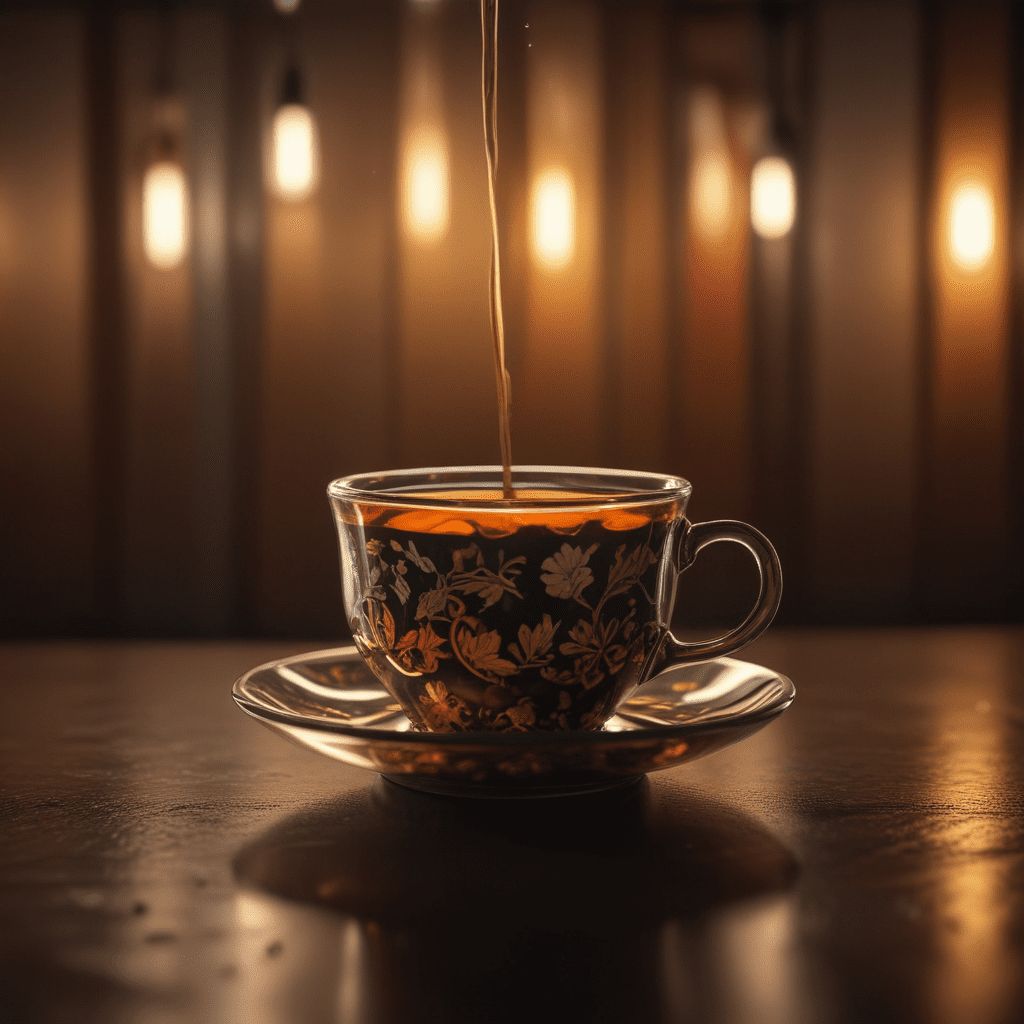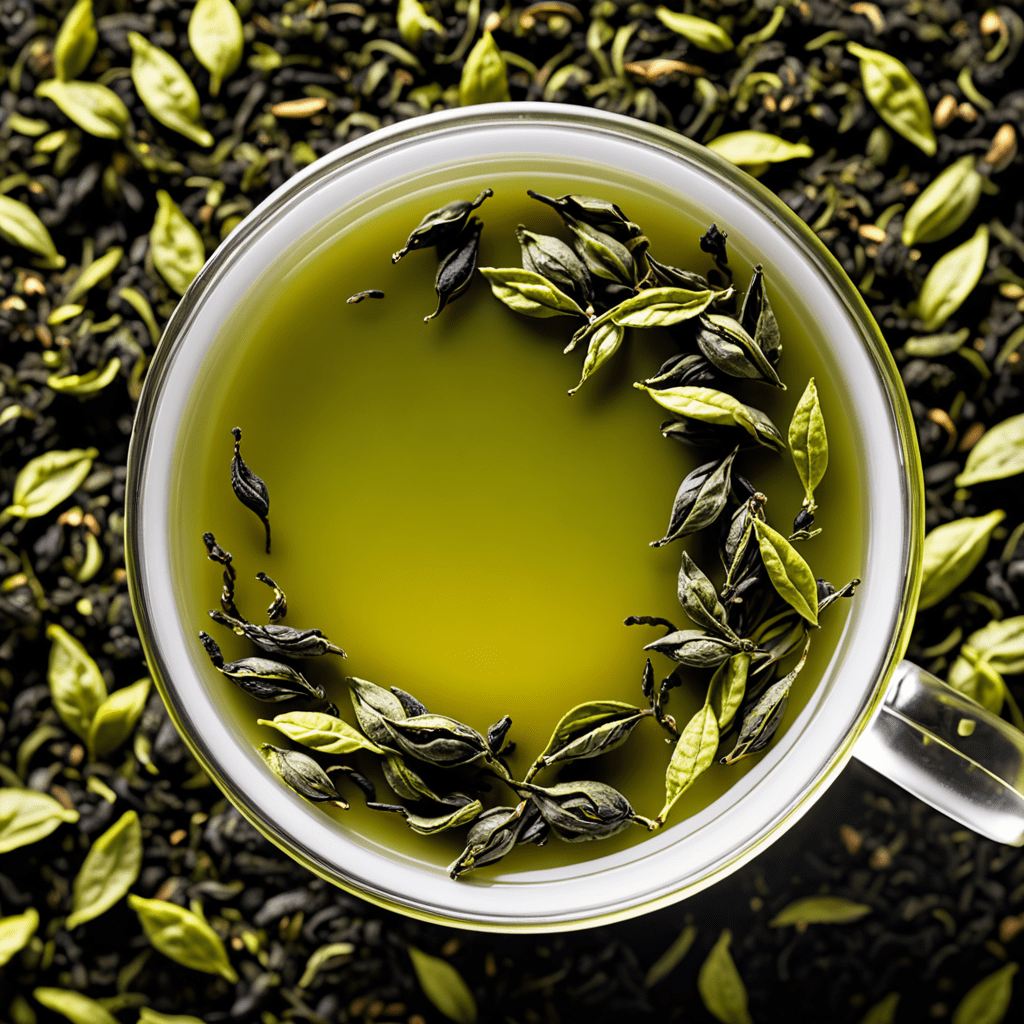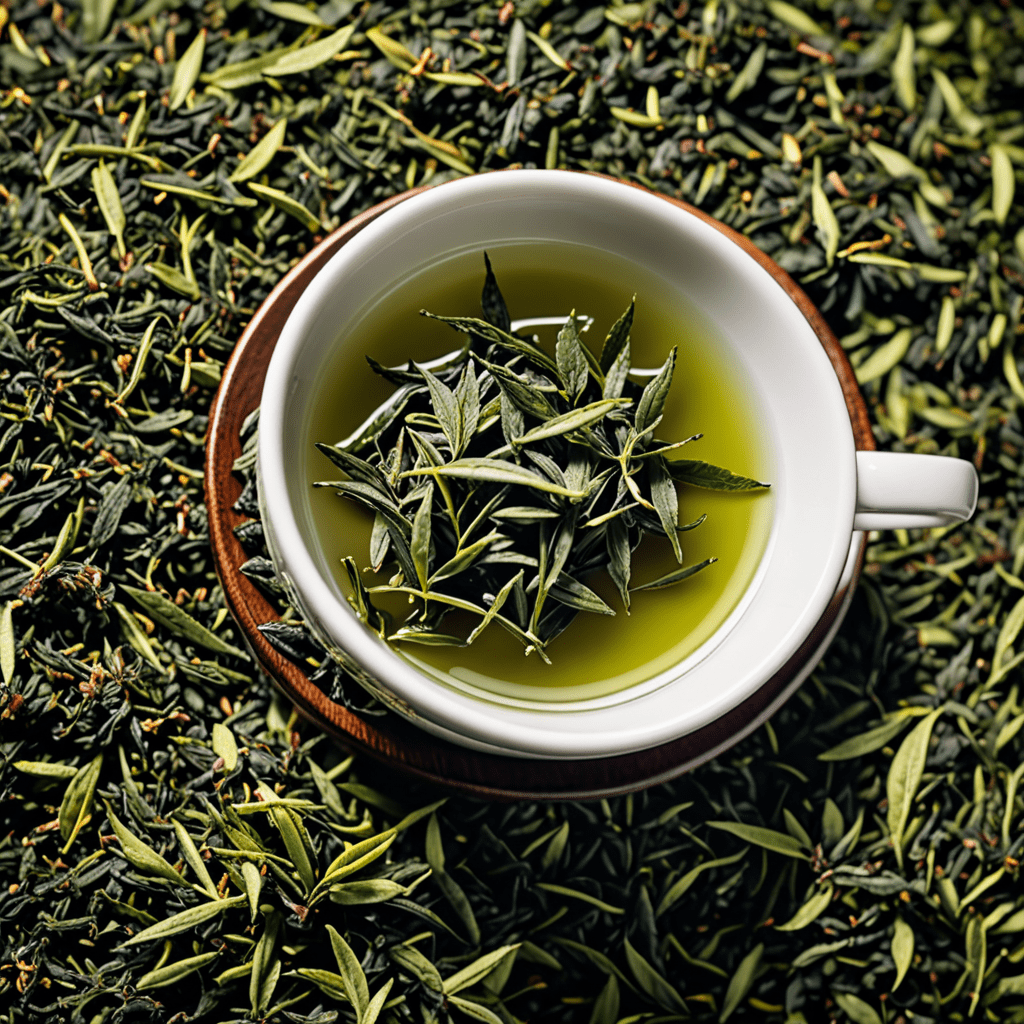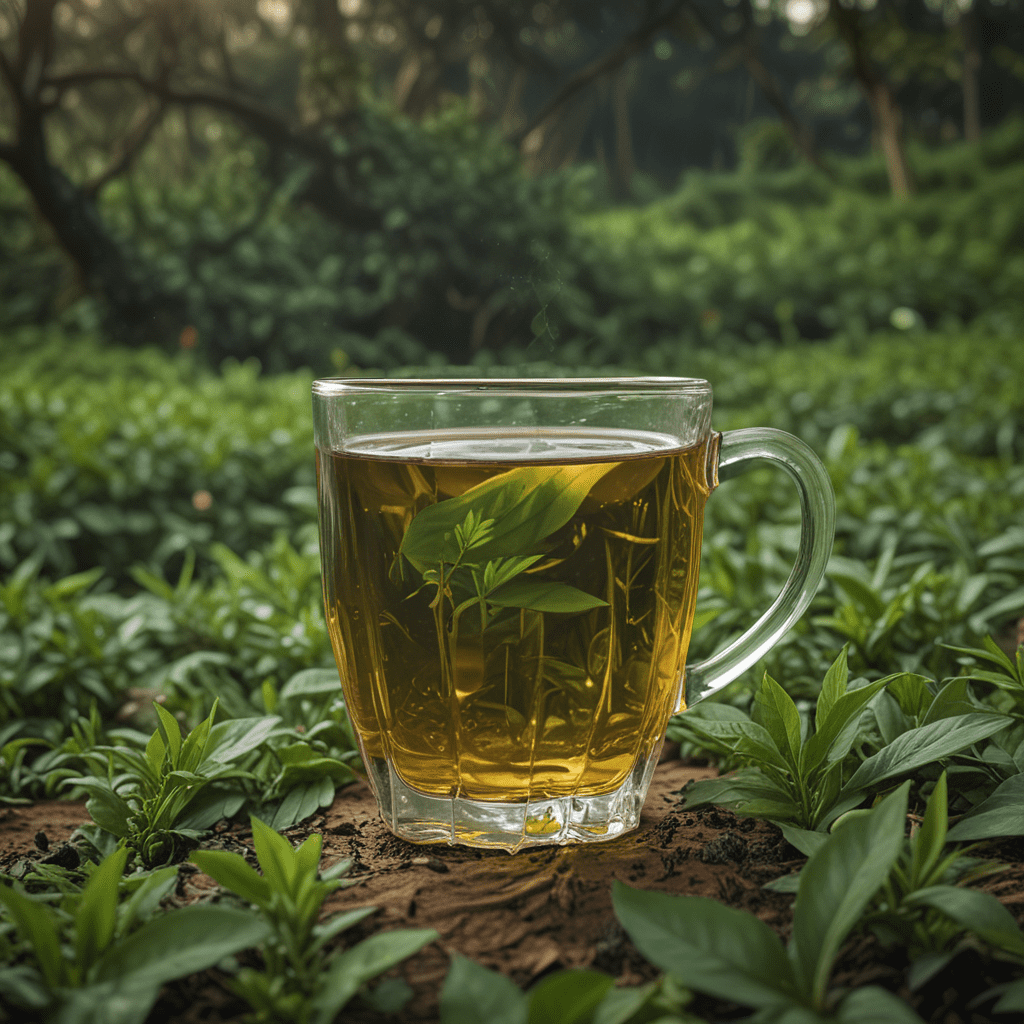1. Introduction: A Cultural Tapestry of Tea
In the vibrant tapestry of Indian culture, tea holds a unique and cherished place. More than just a beverage, tea is an integral part of daily life, a symbol of hospitality, and a gateway to mindfulness. From the snow-capped peaks of Darjeeling to the lush hills of Assam, tea plantations carpet the landscape, painting a picture of emerald beauty. The aroma of freshly brewed chai wafts through the air, a comforting invitation to pause and savor the moment.
2. Beyond a Beverage: The Ritualistic Art of Tea
The art of tea brewing in India goes beyond simply boiling water and steeping leaves. It is a ritual, a dance of the senses that involves meticulous attention to detail. From the selection of the finest tea leaves to the precise brewing time and the perfect blend of spices, every step is infused with tradition and expertise.
The preparation of chai, the quintessential Indian tea, is a testament to this artistry. A symphony of spices, including ginger, cardamom, and cloves, dances with the robust Assam tea, creating a warm and comforting elixir. Milk froths to a creamy perfection, adding a touch of indulgence to this everyday brew.
3. Slowing Down: Tea as a Gateway to Mindfulness
In a world that is constantly on the go, tea offers a sanctuary for slowing down and connecting with oneself. The rhythmic act of brewing, the gentle swirling of the cup, and the mindful sipping all contribute to a sense of calm and presence. As the warmth of the tea spreads through the body, the mind quiets, allowing for introspection and a deeper appreciation of the present moment.
4. The Art of Chai: A Fusion of Flavors and Traditions
Chai is more than just a drink; it is a cultural icon, a symbol of Indian hospitality, and a testament to the country's diverse culinary traditions. Each region boasts its unique chai recipe, a blend of spices that reflects the local palate and heritage. From the ginger-infused chai of Gujarat to the saffron-kissed Kashmiri kahwa, each cup tells a story of tradition and cultural exchange.
5. Beyond Darjeeling: Exploring India's Diverse Tea Landscape
While Darjeeling may be synonymous with Indian tea, the country's tea landscape is as diverse as its culture. From the malty Assams to the floral Nilgiris, each region produces tea with a distinct character and flavor profile. Exploring this diversity is an adventure for tea enthusiasts, offering a journey through the rich flavors and traditions of Indian tea culture.
6. Tea Gardens: A Tranquil Escape into Nature's Embrace
Nestled amidst rolling hills and lush greenery, India's tea gardens offer a tranquil escape from the hustle and bustle of everyday life. These verdant havens are not just places of production but also sanctuaries of natural beauty and serenity. Taking a leisurely stroll through a tea garden is a treat for the senses. The emerald expanse of tea bushes stretches as far as the eye can see, punctuated by the vibrant hues of wildflowers and the gentle hum of insects. The crisp mountain air, infused with the delicate aroma of tea, refreshes the mind and rejuvenates the soul.
7. The Human Touch: The Artisanal Legacy of Indian Tea
The story of Indian tea is incomplete without acknowledging the human touch that goes into its production. From the skilled pluckers who meticulously hand-select the finest tea leaves to the experienced tea makers who oversee the delicate process of withering, rolling, and oxidation, each step in the tea-making journey is guided by generations of knowledge and expertise. The artisanal legacy of Indian tea ensures that every cup is a testament to human dedication and craftsmanship.
8. A Cup of Community: Sharing Tea, Sharing Stories
In India, tea is more than just a beverage; it is a social lubricant that brings people together. A steaming cup of chai is often the catalyst for conversations, laughter, and shared experiences. From bustling tea stalls to cozy homes, chai is the ubiquitous companion that facilitates connections and fosters a sense of community. Sharing a cup of tea is a way of sharing stories, building relationships, and strengthening social bonds.
9. The Economic Significance: Tea's Role in Livelihoods
Tea plays a vital role in the economic landscape of India, providing employment and sustenance to millions of people across the country. From tea plantation workers to tea factory employees, countless individuals depend on the tea industry for their livelihoods. The cultivation, processing, and distribution of tea generate significant revenue, contributing to the economic growth and development of the nation.
10. Conclusion: Sipping on a Sustainable Future
As we sip our tea, we can't help but marvel at the journey it has taken – from the lush tea gardens to our cups. The future of Indian tea is promising, with a growing focus on sustainability and ethical practices. Tea producers are embracing eco-friendly methods of cultivation and fair trade principles, ensuring the well-being of both the environment and the people who make our tea possible. So, the next time you savor a cup of Indian tea, remember the rich tapestry of culture, tradition, and human endeavor that lies behind each sip.
Frequently Asked Questions (FAQs)
1. What are the different types of tea produced in India?
India produces a wide variety of teas, including black tea, green tea, white tea, oolong tea, and Darjeeling tea. Each type has its unique flavor profile and characteristics.
2. What is the best way to brew Indian tea?
The best way to brew Indian tea depends on the type of tea you are using. However, a general rule of thumb is to use fresh, filtered water and steep the tea leaves for 3-5 minutes.
3. What are some of the health benefits of drinking tea?
Tea is known to have several health benefits, including reducing the risk of heart disease, cancer, and Alzheimer's disease. It is also a good source of antioxidants and can help improve cognitive function.
4. Where can I buy Indian tea?
Indian tea can be purchased online or at specialty tea stores. Many supermarkets also carry a selection of Indian teas.
5. How can I learn more about Indian tea?
There are many resources available online and in libraries that provide information about Indian tea. You can also visit tea plantations or attend tea festivals to learn more about the tea-making process and culture.



